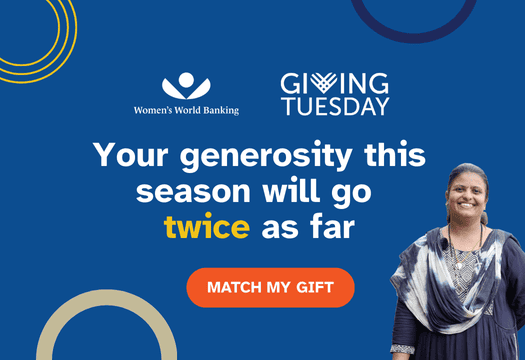The impact of COVID-19 has hit women and girls hard. The World Bank reports that 2021 will bring the first increase in extreme poverty since 1998, with a minimum of 71 million people expected to fall into destitution, and UN Women estimates that at least 47 million more women and girls will fall below the poverty line in 2021, with a minimum of 247 million women 15+ in extreme poverty.
The pandemic’s economic impact will also endure longer for women as they disproportionately work in the informal sector and are less likely to qualify for government relief services. The response to financial inequality has been well-intentioned but fragmented. The ambition post-COVID-19 needs to match the massive scale and urgency of the crisis. Success is dependent on everybody doing their part.
Drawing on decades of experience, research and in-field activity, the following 10-point action plan to end financial inequality for women aims to help end the continued economic exclusion of half the world’s population and to build more resilient economies. As governments and companies take steps to repair economies, the 10 actions described in this report will ensure stronger, more resilient economies that build on the strengths of women and girls.




